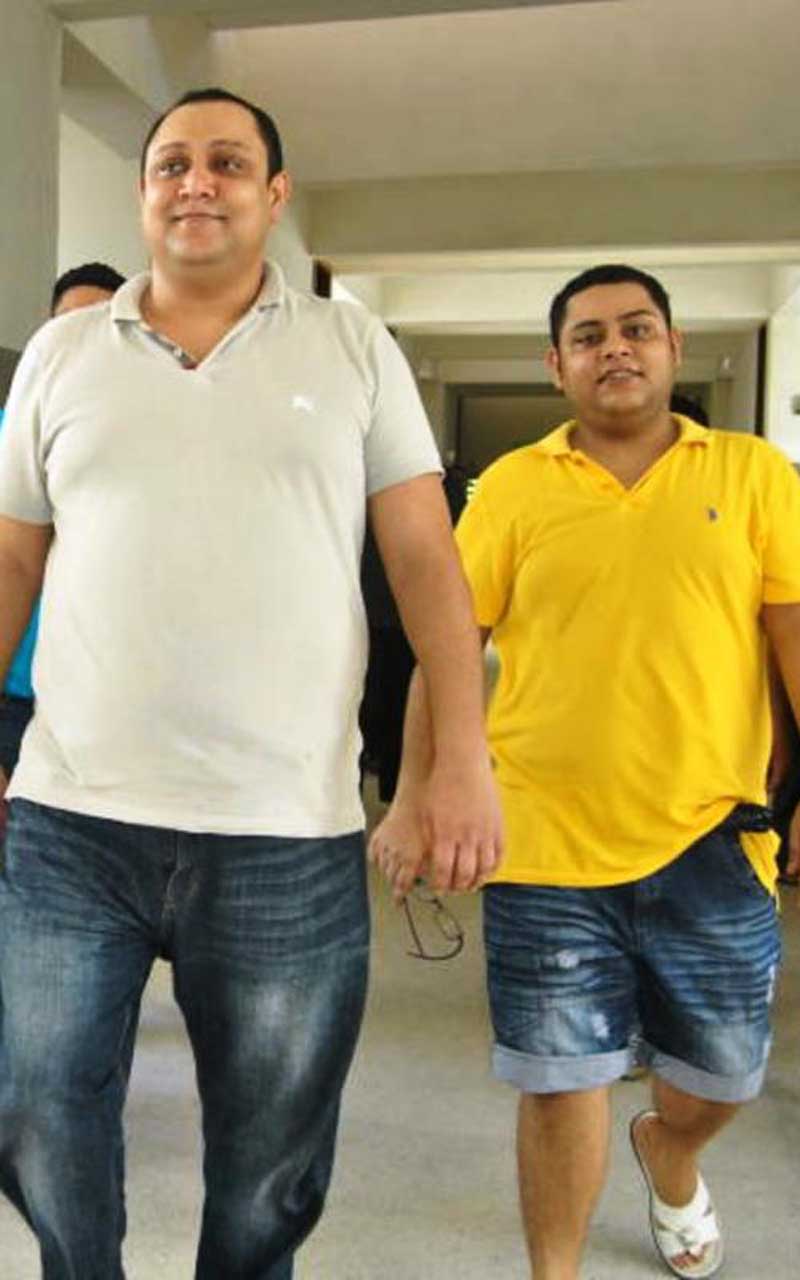×
The Standard e-Paper
Smart Minds Choose Us

Government officials sustained the Akasha family drug empire through an elaborate bribery scheme and shielded them so much so that the US connived to airlift them away.
Materials adduced ahead of the sentencing of two Akasha brothers -- Baktash and Ibrahim -- show that they had successfully managed to stall their own extradition cases by first obtaining bail, repeated adjournments and generally slowing the wheel of justice.